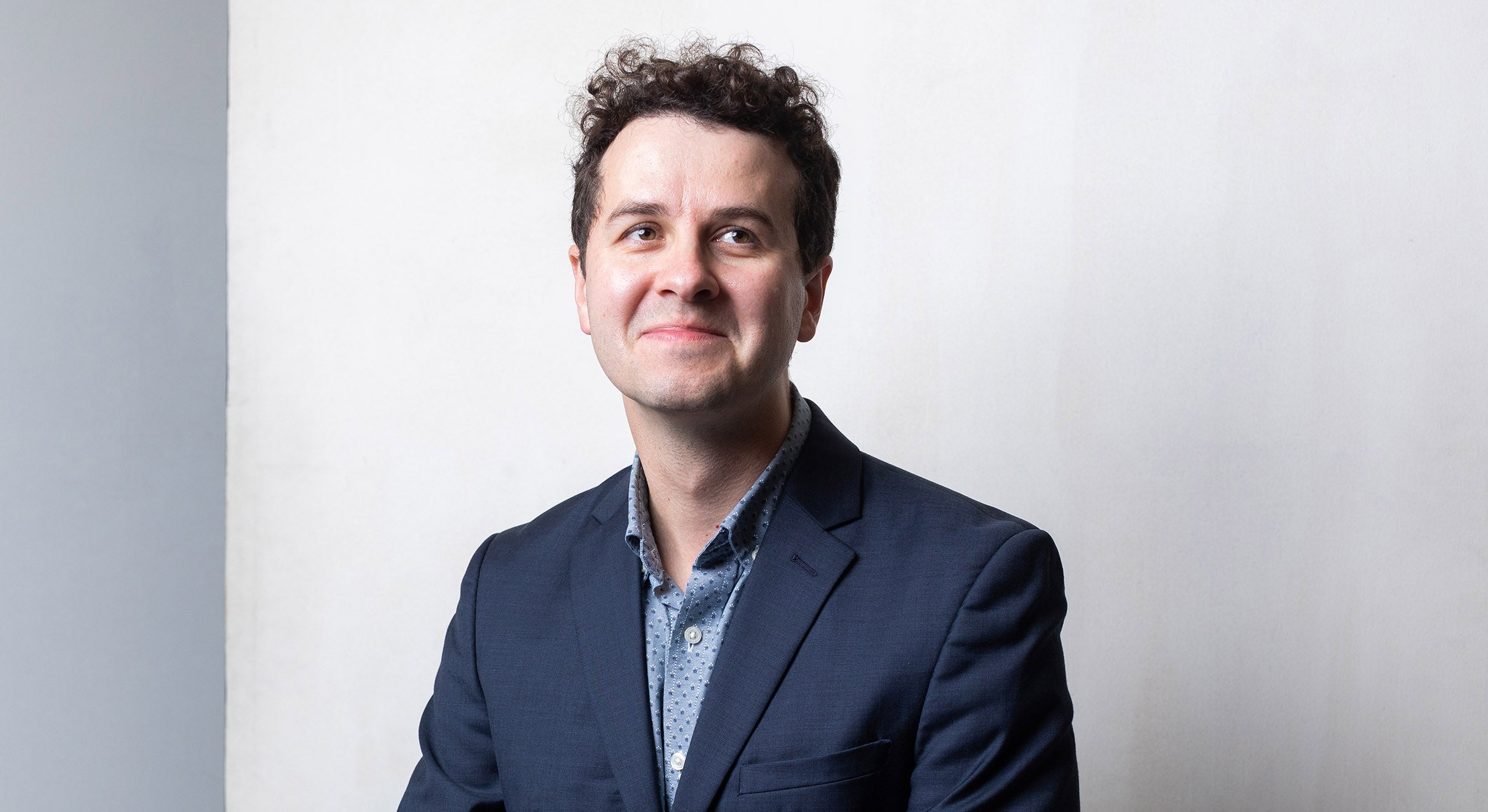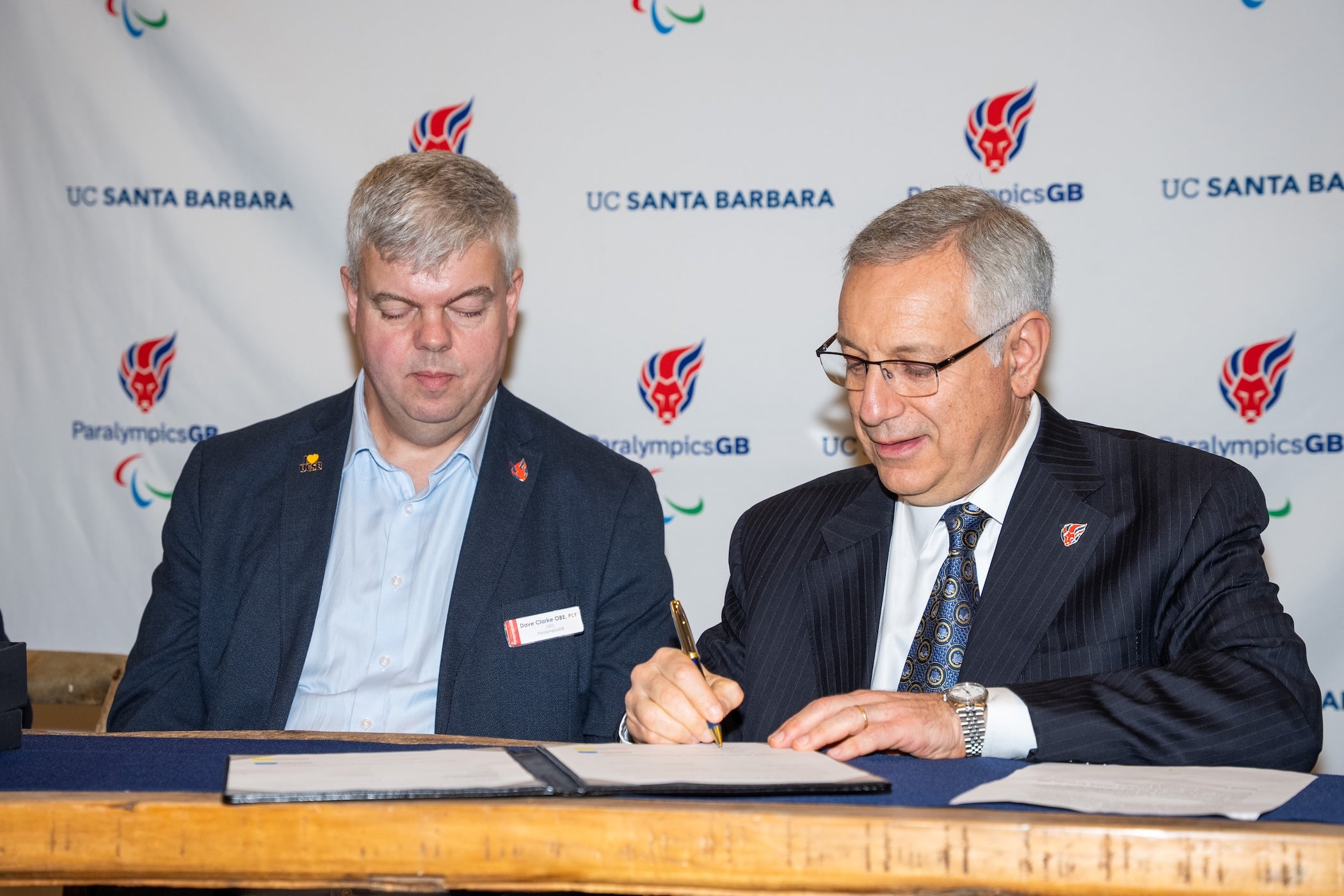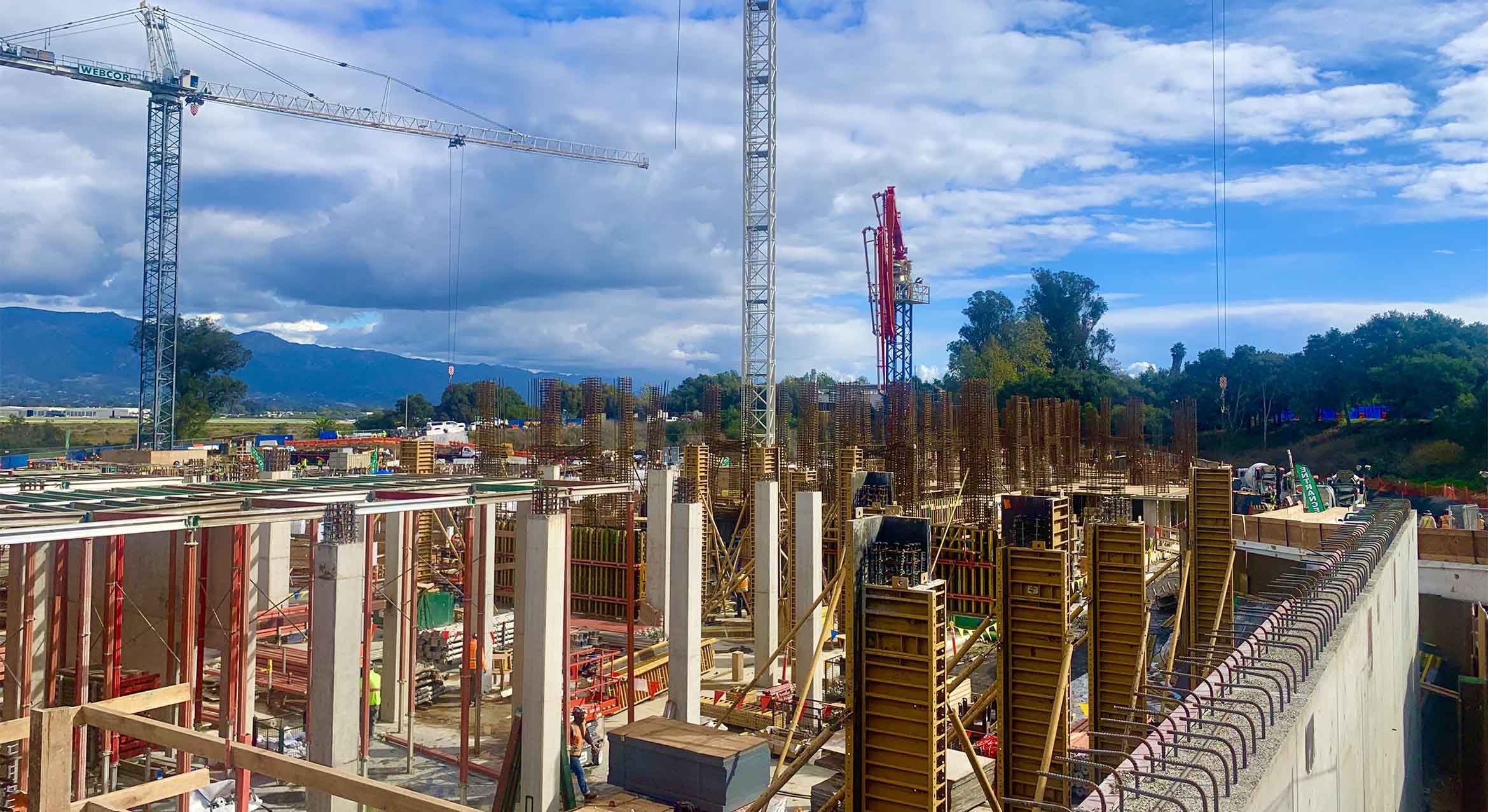
Sixty-eight undergraduate students at UC Santa Barbara have been named Public Anthropology Award winners by the Center for a Public Anthropology. The students are enrolled in the Introduction to Cultural Anthropology course taught by Casey Walsh, associate professor of anthropology at UCSB. They are among 4,000 students from 21 universities in North America who took part in the competition.
The students were asked to write opinion pieces addressing the question of who should be the beneficiaries of anthropological research. The entries were evaluated, and awards were presented to the top 5 percent. A total of 764 students in Walsh's class participated, and, with 68 winners, UCSB captured roughly one-third of the total awards.
The Center for a Public Anthropology is a nonprofit organization that encourages scholars and their students to address public problems in public ways.
"Professor Walsh has played an integral part in Public Anthropology's online student community, showcasing the ability of UCSB students to learn effective writing skills while being active global citizens," noted Robert Borofsky, director of the Center for a Public Anthropology. "He demonstrates how combining technology with cultural concerns in academic courses positively engages students to participate in the broader world beyond their university, while gaining the skills needed for a productive, active life after graduation."
Said Walsh: "The Public Anthropology Web site is a great resource to get students thinking about the relevance, applicability, and ethics of social science research.
I am very pleased that the students did so well on this assignment. UCSB continues to recruit some of the best and the brightest undergraduate students in California and the nation."
Walsh's research focuses on two main themes –– the political economy of the Mexico-U.S. borderlands, and the history of anthropological thought. For the past 10 years, he has studied ways in which water, land, and labor have been organized to produce commodities in areas marked by aridity, especially northern Mexico and the southwestern United States. This research has centered on the socioeconomic and cultural history of irrigated cotton agriculture in the area.
Currently, Walsh is studying the history and condition of irrigated agriculture in the delta regions of the Colorado and Grande/Bravo rivers. He also is examining the histories of different traditions within Latin American anthropology and how anthropological thought has been applied to development.
Related Links



